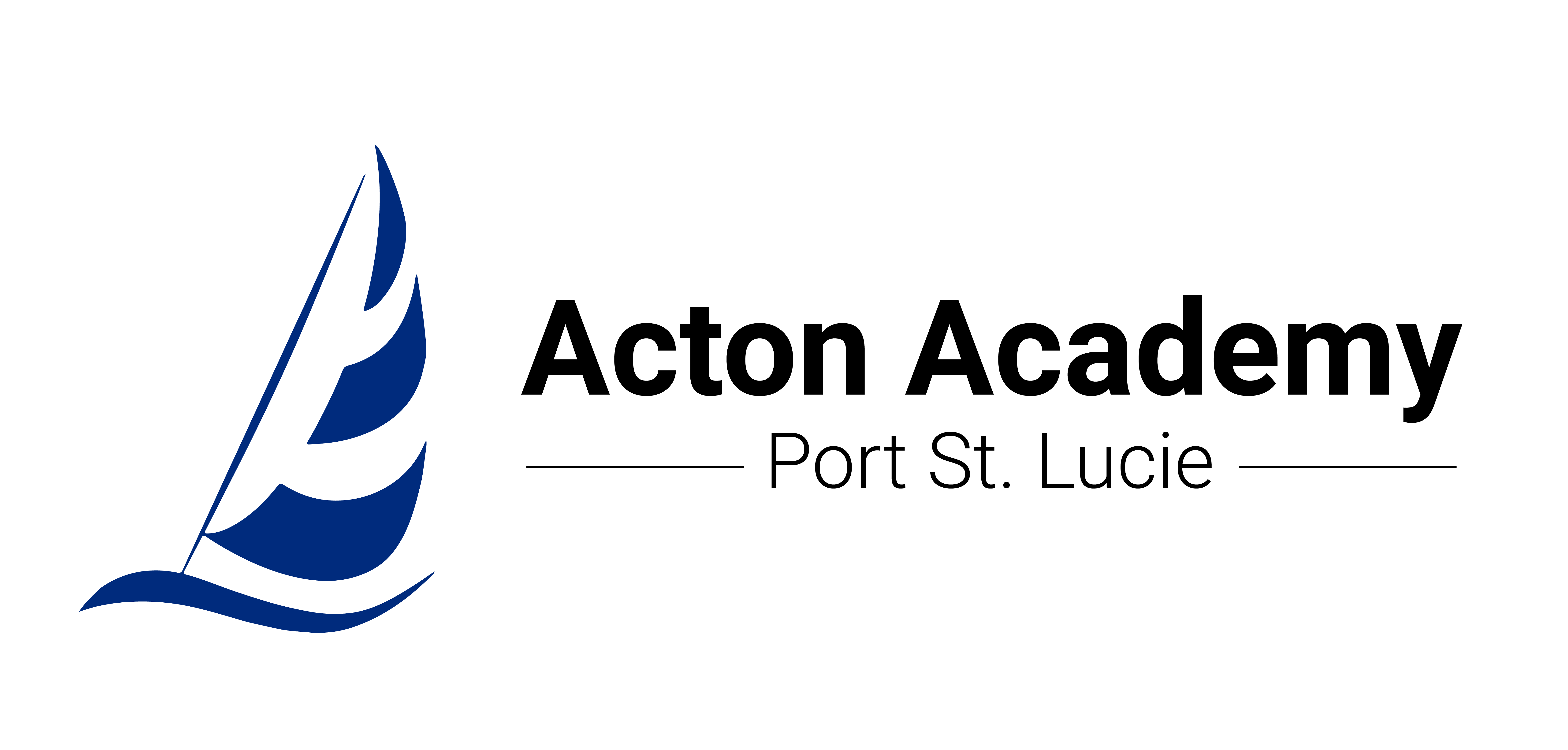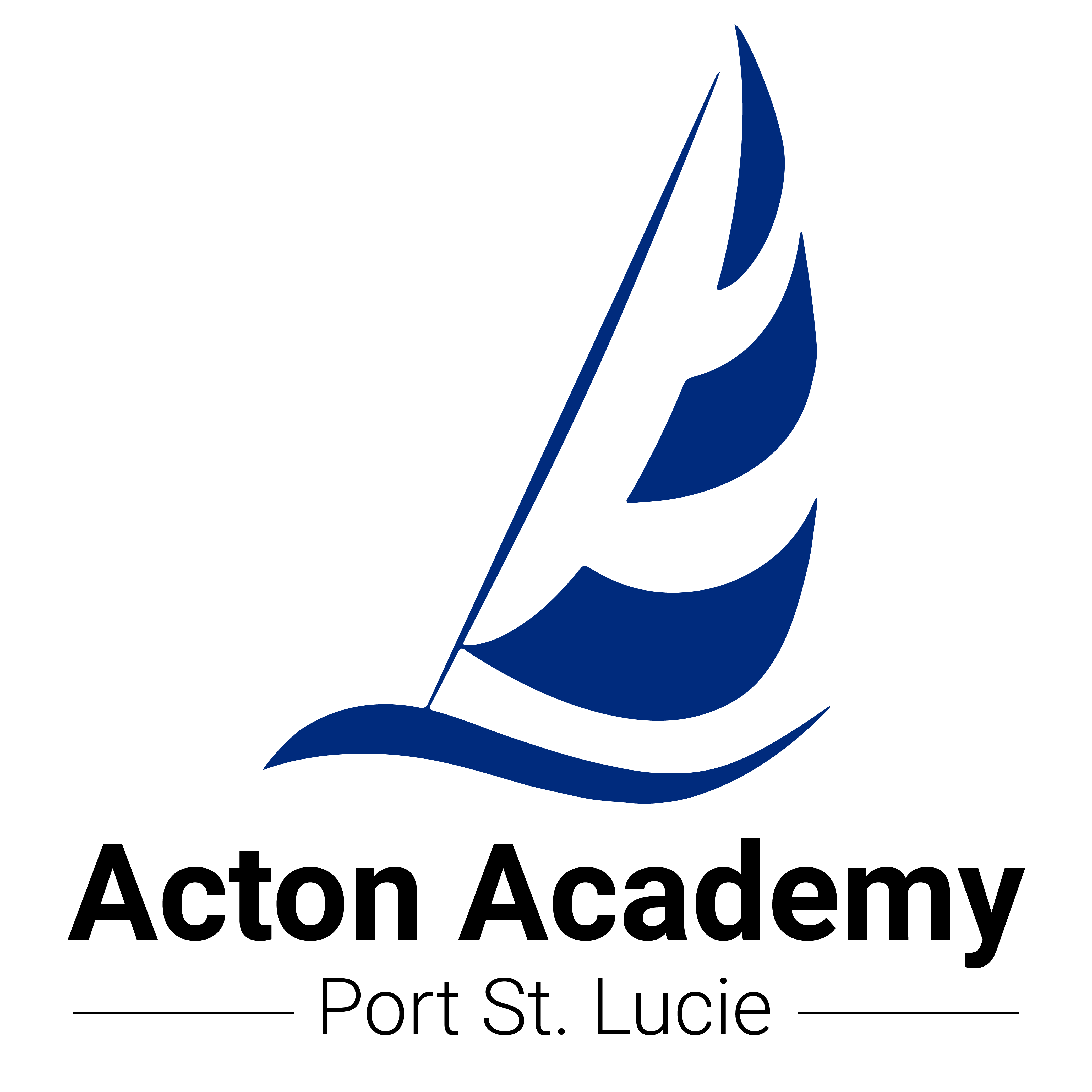Learning Design
At Acton Academy, young people learn in a collaborative studio of multi-age learners.
Our flexible approach challenges each child with their own differentiated learning plan and inspires them through real-world projects and experiences.
Acton’s Learner Driven Community puts children at the center of their learning.
This allows them to create and maintain personal goals and relational covenants, as they Learn to Learn, Learn to Do, and Learn to Be.
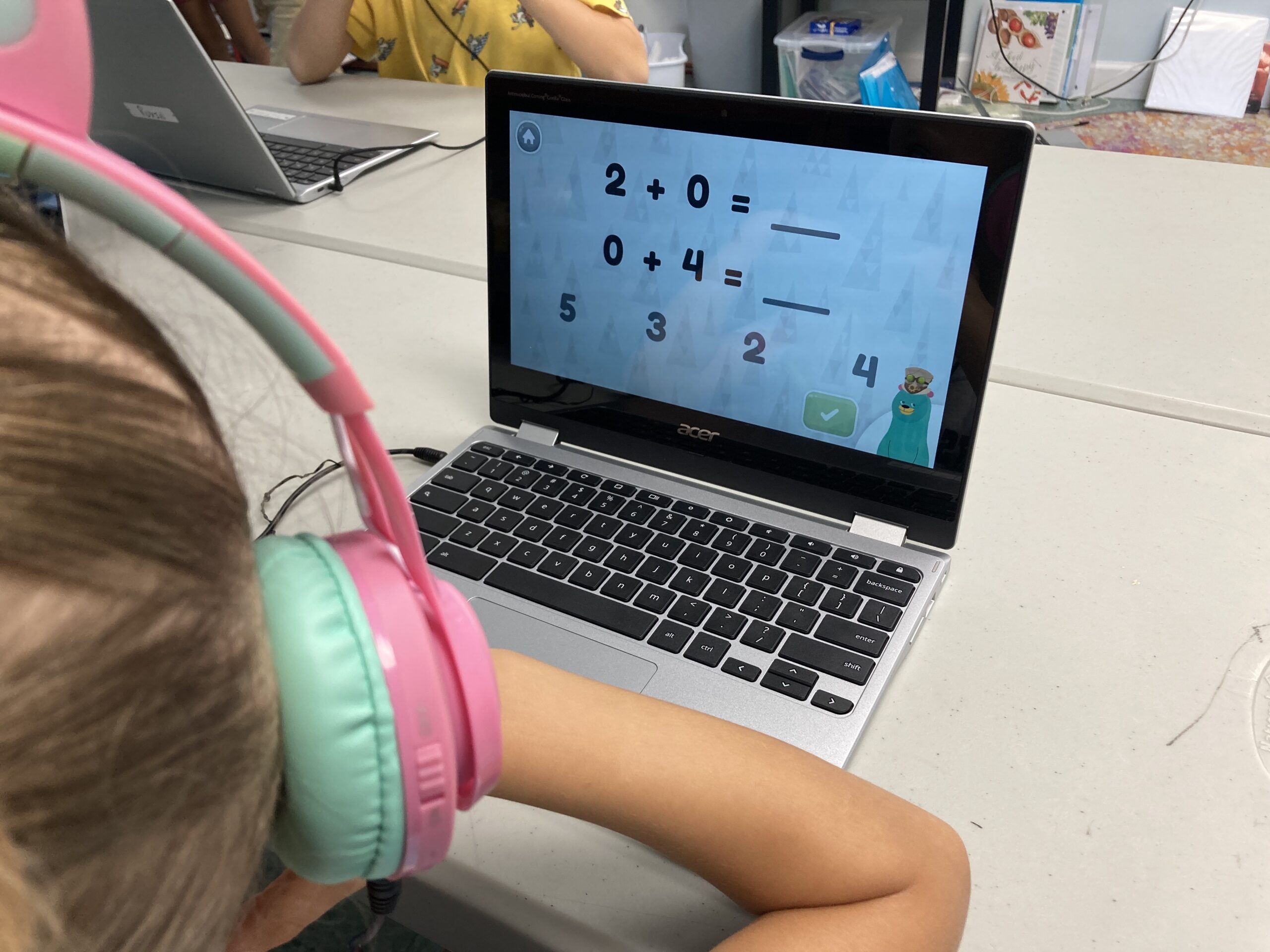
Core Skills
Learn to learn
Learners master the foundations of reading, writing, and math during their daily Core Skills time. We replace mundane test preparation, rote memorization, and unsatisfying motivators like grades with self-paced mastery through a blend of hands-on and online learning tools. They develop executive functioning skills and showcase their mastery by setting and meeting their goals, managing their time, earning badges, and assembling portfolios.
Reading: Heroes learn to love reading by being given the freedom to read anything they enjoy – even comic books. Over time, we trust they will tackle increasingly challenging books out of the extrinsic motivation to progress and earn badges and the intrinsic motivation to challenge themselves and grow.
Writing: Our primary communication focus is on writing, but learners experiment with film, photography, speech-making, apprenticeship sales pitches, and many other forms of communication.
Math: Math skills are delivered by game-based adaptive programs like Khan Academy, and through collaborative games that bridge the gap so they apply what they’re learning in the real-world.
Hands-On Challenges
Learn to do
Learning to do means making practical decisions in the real world to accomplish great tasks as a way to change the world.
Quests: A four to six-week series of learning challenges and role plays, bound by individual and team-based gamification and a compelling narrative, ending with a public Exhibition where learners show the world their development of 21st-century skills.
Whether it’s launching a startup business through the Entrepreneurship Quest, planting and managing a garden in the Gardening Quest, competing for medals in a Greek Olympics in the Athens Quest, or programming a robot in the Coding & Robotics Quest, learners build real-life skills through hands-on projects and real-world challenges. They investigate, participate, and contribute to the world around them.
Civilization: Twice a week, learners dive into history, politics, and economics by putting themselves in the shoes of historical figures at critical turning points in history and debating real-life decisions.
Art: Learners explore art of all kinds from the classics to modern niches, applying the visions and style to their own art projects.
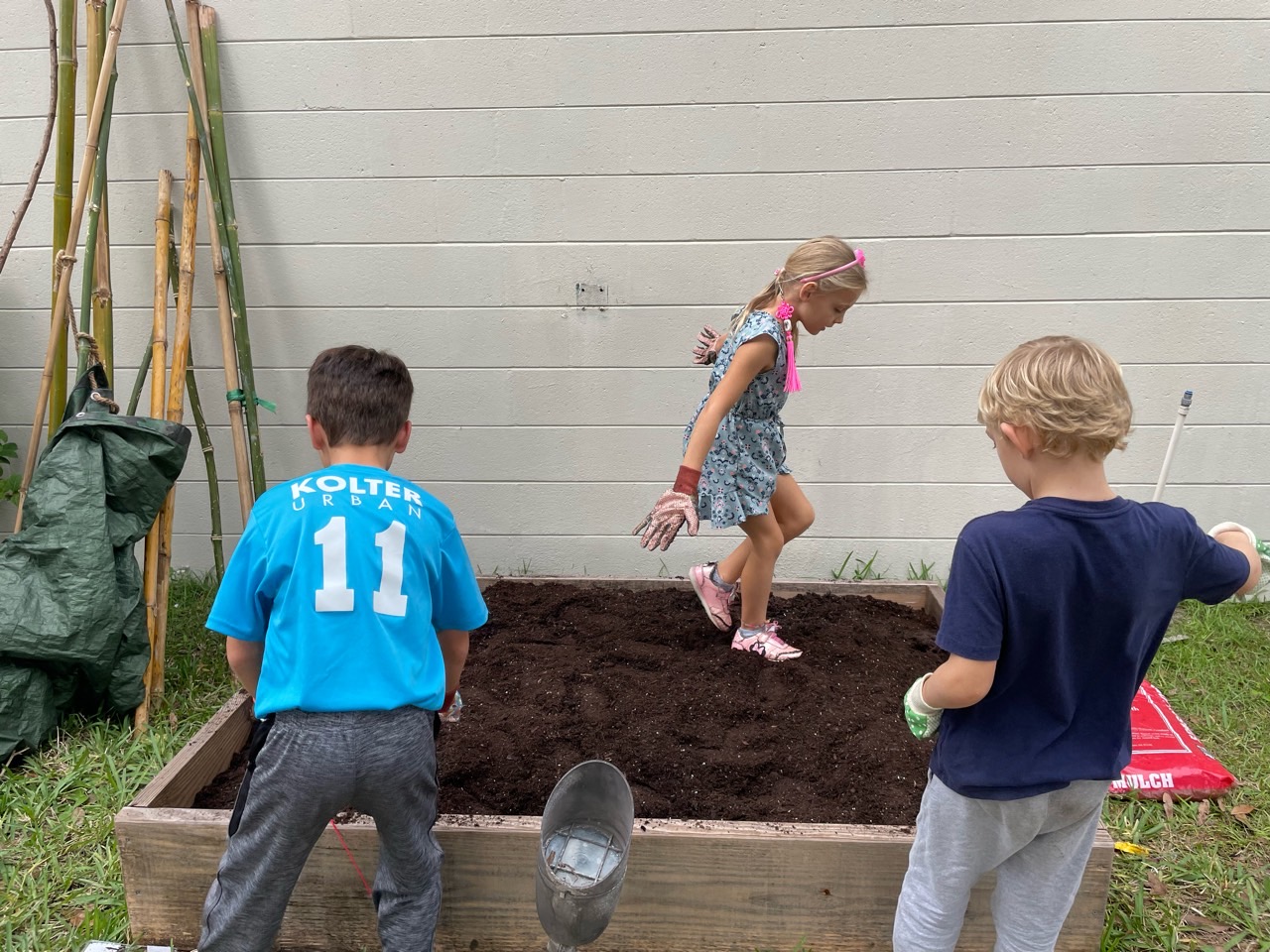
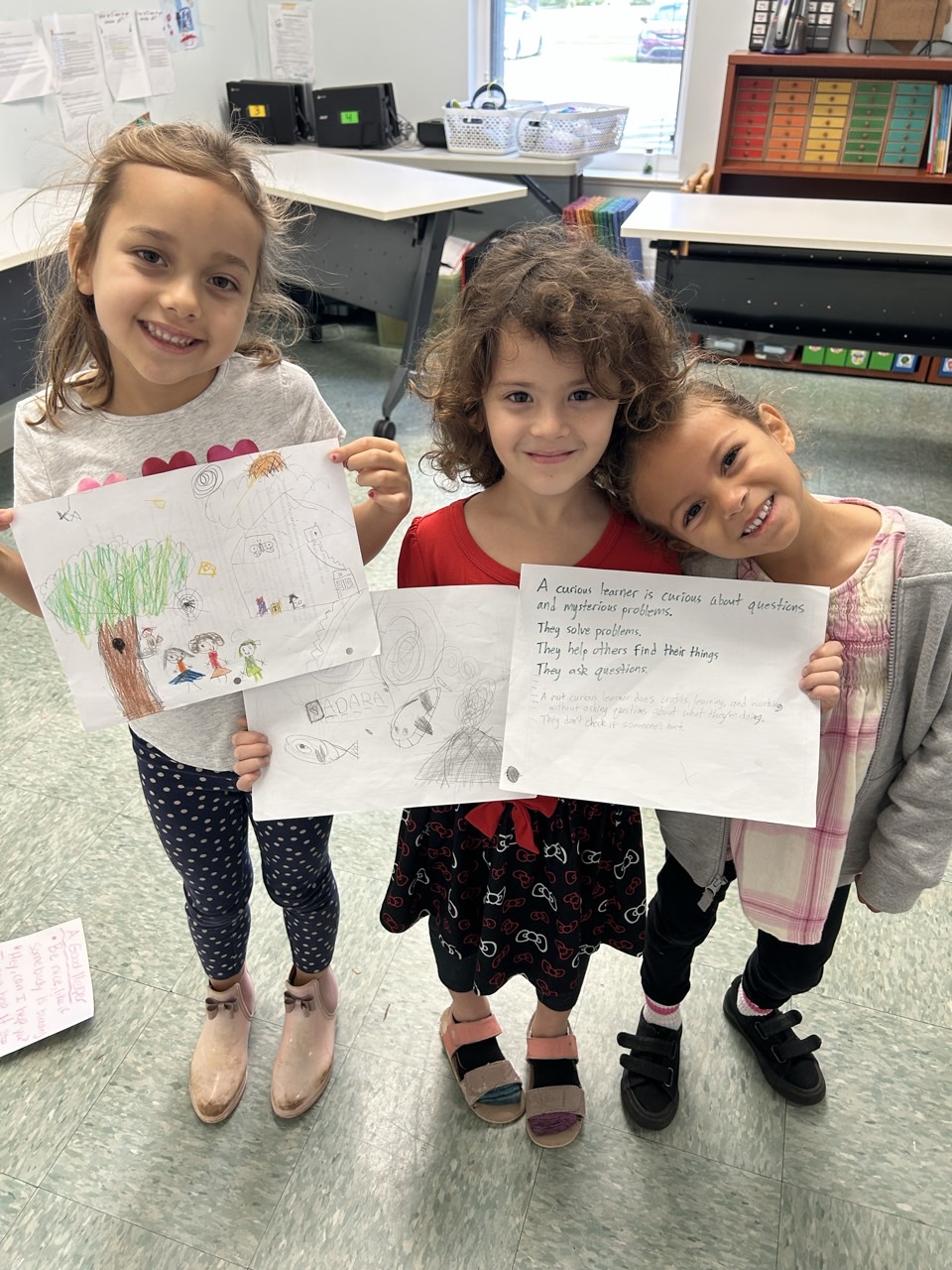
Character Development
Learn to be
Traditional education asks the question, “What do you want to be when you grow up?” At Acton, learners ask the question, “Who do I want to be?”
Launches/Socratic Discussions: Each morning and mid-day, learners circle up for mini-Socratic discussions focused on character development, the needs of the studio, new processes or tools to solve their problems, and more.
Physical Development: Learners dive into athletics and fitness in PD, followed by a Socratic discussion and peer reviews on sportsmanship, endurance, leadership, etc.
Studio Maintenance: The learners own their space. With that freedom comes the responsibility of making sure it stays clean. Learners spend time organizing systems and processes to hold each other accountable to cleaning up their studio, doing everything from vacuuming and sweeping to cleaning the bathrooms.
Character Callouts: Learners close each day calling others out for the heroic things they’ve done. “I saw James struggle with his math but he didn’t give up, and I call that persistence!”
Learner-Driven: Our adults aren’t teachers, they’re Guides, and the role of the Guide is to be as small as possible in the studio. They foster an environment whereby our heroes learn to rely on each other and their own capabilities to solve their problems.
